|
Have you ever felt like you revert to a child like state when you have been emotionally triggered in the present? When a person, place, or situation seemingly sends you back in time to feeling helpless, confused, trapped, or powerless? If so, this typically indicates there are unresolved childhood wounds causing a "reaction" in the present. This book, Healing the Child Within, is an excellent resource for any adult child of an alcoholic, addict, or dysfunctional family unit. This book helps unpack how when trauma, pain, and wounds go unaddressed from childhood, deep pockets of emotional turmoil are created. Here's an excerpt from the book: "When this Child Within is not nurtured or allowed freedom of expression, a false or co-dependent self emerges. We begin to live our lives from a victim stance, and experience difficulties in resolving emotional traumas". Struggling with decision making or codependency is not something to be ashamed of; in fact, it's typically a sign of great survival strength. You survived, you endured your childhood/adolescence, now, it's time to learn how to let go of anything that is not moving you towards your goals. This is possible! If this sounds like something you'd like to explore in your own life, I'd love to journey with you towards healing and wholeness. Reach out for complimentary consultation. I'm cheering for you! - Brittni [email protected]
1 Comment
I wholeheartedly adore the work and writings done by one of my favorite authors, Brene Brown - to use a little play on words if you're familiar with her work on "Wholehearted" living. In her book, "The Gifts of Imperfection", she highlights the importance of surrendering our need for control, our need for attaining the status of perfection, and ultimately surrendering the facades we've carried around as a survival tool to help control how other people perceive us. Why is this important you ask? Well, for most adult children of alcoholics, addicts, and dysfunctional families, perfectionism has been a survival tool, or survival coping strategy, to help protect against rejection and abandonment. It's quite the survival skill; it can be downright overwhelming to confront and change. But, like it's said in the rooms of many fellowship programs, when the pain gets great enough, and, it will at some point, carrying the weight of this burden called perfectionism, you'll find yourself motivated for change. This is why Brene's book is so powerful. It helps explain the "why" behind the "what" of perfectionism. It helps make sense of this characteristic that most children of dysfunctional families have had to fully embrace to survive emotionally. Like I always say, we give honor to these survival skills; however, as an adult, we get to make new, healthy decisions for ourselves. This includes letting go of patterns of behaving that no longer serve us. The good news, there really is a gift in the imperfection. It's a gift to be able to let things go, let people go, and simply focus on the present. On simplicity, on our own thoughts, feelings, needs, and desires. Here's a quote from Brene's book, "The Gifts of Imperfection": "Owning our story and loving ourselves through that process is the bravest thing that we will ever do". Are you ready to begin the journey of owning your story and loving yourself? If so, I'd love to help you navigate your healing journey. And, in the meantime, go pick up the book "The Gifts of Imperfection". You'll be glad you did! - Brittni [email protected] 561.501.1996 Adult children of alcoholics, addicts, or dysfunctional families often find themselves in unhealthy, toxic relationships continuously; it also feels like a mystery. Like, why does this keep happening? In her book, “Adult Children of Alcoholics”, Janet Geringer Woititz suggests that you ask these specific questions when you find yourself in a dysfunctional or toxic relationship (be it with family, friends, co-workers, etc)
Janet explains it like this in her book, "The answers to these questions are often quite surprising. You may find that a person represents someone else in your life. Your lover may be very much like your alcoholic (or dysfunctional) parent was when you were growing up. You may be repeating a pattern because it is familiar. You may not have broken early ties and may be setting yourself up again." [Excerpt from the book Adult Children of Alcoholics by Janet Geringer Woititz] I highly recommend this book if you grew up in any type of dysfunctional household. It doesn't just apply for children who grew up with alcoholics or addicts. Any dysfunction produces the same/similar character traits for the children. If you’re ready to begin exploring how the past may be impacting your present, I’d love to join you on your journey of healing. I’m cheering for you! - Brittni 561.501.1996 [email protected] Grief can take on many forms. We can lose a loved one or a friend. We can lose a dream, a way of life, a view of ourselves, or grieve our childhood. We can grieve the loss of a pet who felt like family. We can grieve the family we never had, or, grieve the loss of an ability (physically, mentally, intellectually). All of these deserve the time and space for proper grieving. The grief journey is painful; but, more pain can come from avoiding grief rather than going through it. Some stages of grief include the following: denial, anger, bargaining, depression, acceptance. We don’t “move” through these stages in a beautiful, organized, systematic way; no, far from it. However, naming the stage we’re in can be validating and reassuring since giving language to our experiences helps us make sense of them. This is important so we can acknowledge the feelings that come with that stage of grief. Grief is a process. A process is to be honored; not rushed, minimized, or invalidated. Remember that phrase: We feel, to deal, to heal (in that order). In regards to grief, it’s hard for us to feel if we don’t know how to let ourselves feel, or, if we can’t make a connection with what is happening to us internally during the grief process. This is where the guidance of the grief cycle can help with naming our experience. When others in our lives are grieving, never underestimate the power of simply showing up, listening, and being available. We don't have to have wise sayings, we don't have to fix anything, “silver lining” the situation (as Brene Brown says), or cure the sadness. Remember, empathy is more important than anything. Just be and feel with the person. (Empathy is a skill we can develop) Since empathy is simply our ability to connect with another person’s pain, in order to strengthen our “empathy muscles” it means we have to be able to get in touch with our own painful experiences in order to fully connect with other people’s painful experiences. So, if we want to build our empathy muscles, we must consider doing the following for ourselves: go to therapy, journal (our thoughts, feelings, emotions), or join a recovery or support group. If we deny our own painful experiences, we aren’t able to fully connect with empathy towards someone else’s painful experience(s). (If you think you might be struggling with denial, check out my previous blog post) If you're currently going through a loss of any sort, know that help is available and it's okay to reach out. Grief can be scary, lonely, and painful, but you don't have to walk through it alone. You are worth getting support. Your voice and story are important. - Brittni If you check off a few of the above struggles, know that it's okay and healing is possible. The first step in getting help typically involves overcoming denial (see previous blog post) and then identifying our current struggles. See identifying areas we struggle in IS NOT, I repeat, IS NOT a weakness. In fact, it takes extreme courage and strength to admit when our lives are unmanageable, distressing, or overwhelming in some way. Admitting the areas we struggle in simply allows us to get the right care and treatment for that area. Think about it like this, when you go to the doctor for a health concern, you're asked to describe the symptoms of the problem so the doctor knows the proper treatment regimen to provide. You'd agree that there's a difference between how a doctor would treat, let's say, lung cancer, pneumonia, and asthma? Right? Yes, of course. Now, there might be similar issues with breathing or the lungs; however, the course of treatment would be vastly different. It first came down to the patient expressing that there was a problem/concern, coming in for the proper evaluation by a trained professional, and then being willing to accept the course of treatment the doctor recommends. In many ways, this is similar to how we handle addressing a client's concerns mentally and emotionally. Our willingness to admit our current struggles with some of these traits, usually means we're ready to get to work on how to overcome these struggles. When it comes to tackling the above listed concerns, it's important that we have support, encouragement, and a safe, non-judgmental environment to feel safe in, in order to explore these struggles. I like to take a strength's based approach with this by reminding clients that the adult-children-of-alcoholics (or addicts or abusers) traits were coping skills at one point; they might've helped you survive/endure an abusive, scary, unpredictable home life, or helped you endure and feel in control with some other dysfunctional situation growing up. This is okay. We honor the fact that you MADE IT, you SURVIVED, you GOT THROUGH IT; now, as adults, we get to decide if the behaviors are still working for us. If they aren't, because they are creating distress internally or externally for us (think relationally, vocationally, etc), we get the choice and are empowered, today, to make healthy choices to better improve our situations. As children, we didn't know better and we didn't often have any other choice; we did the VERY BEST we could at the time. So, we recognize that, then, move towards how we can become the healthiest, adult version of ourselves as possible. Remember, there IS hope for your situation and healing IS possible! I'm cheering for you! - Brittni Let's talk about a topic that can produce some fear and anxiety for us... because it's healthy and freeing to do so... here goes...
D E N I A L The word we like to pretend we DON'T have an issue with; yet, by the actual action of DENYING we struggle with it, actually represents we ARE struggling with it. Now, I'm not beating anyone up for this struggle. I've had my own struggles with this. I've had to realize that DENIAL is the big, bad defense mechanism that protects us from the main/real issue... something we also don't like talking about...SHAME. You see, in my own struggle with both DENIAL & SHAME, I had to hold these experiences (meaning, I had to start investigating why they were there, which means I had to ADMIT I was struggling). There's freedom in admitting because this is the first step in allowing yourself to let your guard down (DENIAL) and begin the investigative process of holding up the shame and getting to know it. We experience shame for SO many different reasons... here are just a FEW experiences that can lead to shame (there are many, and, by the way, we've all dealt with shame on one level or another) - fear of not being good enough - being told you don't amount - being told you're unwanted - being bullied (emotionally or physically) - trying to cover for a loved one's addiction/dysfunction/codependency - abuse of any kind (sexually, spiritually, physically, mentally, emotionally) - being a victim of a crime - feeling as if you don't measure up to societies "milemarkers" for your age range - etc, etc, etc See, the flow of self-protection typically goes like this: Shaming event --> Feeling overwhelming shame --> Not talking about the experience/shame --> Possibly being reshamed by those closest to you --> Internalizing the shame (statements like, "I'm bad", "I'm unlovable", "I'm a failure", etc) --> Compensating for the shame (by doing any number of things that can make one appear better, more in control, more likeable, more whatever it is to fill the void) --> Denying the feelings and experience(s) again--> Experiencing more shame --> Which leads one further into their "defense mechanism of choice" ie - anger, addiction, perfectionism, self-harm, control, etc Shame is a poison and we often don't recognize it as the source issue. It's the deepest kind of pain/hurt we experience; therefore, it makes sense why it's so HARD to admit we're dealing with it. But, there is hope. Getting to this root issue brings so much freedom and healing. To recognize that we've been acting a certain way, possibly our whole lives, simply to cover a shame experience can be really sad and painful to admit. But, we only heal by speaking the truth and moving THROUGH the feelings NOT by avoiding them. I often explain it like this to clients: We feel, to deal, to heal - in that order Healing comes from feeling that which our mind wouldn't let us feel during that shaming experience; it was too much, to overwhelming, so our brains disconnected so we could survive. This is actually an amazing coping strategy; however, undealt with trauma and/or shaming experience(s) + the emotions, means we get caught in a web of behaviors that keeps us guarded, defensive, and unable to heal. Here's an exerpt from the book: Conquering Shame & Codependency "There are several levels of denial: - Rationalizing, judging, or minimizing present feelings or needs - Being unaware of present feelings or needs - Being unaware of past feelings or events that are informing the present - Being unaware of past shaming of needs or feelings ...we don't know about our shame-bound needs. We've either repressed them or learned to go without or don't feel entitled to have then met in the first place. However, we aren't truly as self-sufficient as we think, because denial doesn't in any way diminish the need; it only diminishes our sense of deprivation." Remember, denial probably served a great purpose in your life. But, the beauty of being an adult, we get to determine if something is no longer working for us. If it's not working, we get to look at that some more. I like to tell clients instead of ignoring the elephant in the room, get to know the elephant in the room! You may be asking, well, how does one go about that? Good question. Here are some questions you can begin to ask when you feel denial or shame may be at work: 1. What triggering event, conversation, place, person, or feeling led to my current thought/feeling/behavior that I'm frustated by, unhappy with, or is causing me consequences or pain of some sort? 2. What might my denial mechanism be protecting me from? 3. When did I first notice the denial happening? When does it seem to happen the most? (Certain time of day, around a certain individual, when I go to a certain location, etc) 4. What may be the hardest thing for me to admit to from my past or present? (It could be something that happened to you or something that you did to someone else) 5. Could that thing I'm afraid of admitting to bring up a deep feeling of sadness, grief, pain, hurt, or shame? Or, another way to phrase it might be, what am I afraid will happen IF I admit to that thing/situation/event? (Remember, this is why we typically deny our experience(s) because we're afraid of the connected hurt/wound/feeling attached or shame-based identity) Remember, this is heavy stuff, be gentle with yourself when you unpack some of these questions. No shaming allowed; meaning, don't say something like "I'm stupid for feeling this way", or "It was so long ago, I don't even think of it; it wasn't that bad", or "Other people have it worse", or "I'm just being a coward", etc. Anything that would attempt to minimize, deflect, or rationalize your experience is shaming. That's not our goal. Our, goal is to help you compassionately unpack the situation, the thoughts, and the feelings associated. This is how we work through something in a HEALTHY way. Get some support around you to help you with this exercise. It could be a trusted friend, accountability partner, sponsor, therapist, or pastor. If you resonate with this topic in ANY way, please know hope and healing IS possible. There is life on the other side of admitting shame based experiences, overcoming denial, and learning how to cope with the feelings in a healthy way. It's so liberating to take this healing journey. I'm available for a free 15 minute consultation if you have further questions regarding this topic and how I may be able to help. I'm cheering for you! - Brittni [email protected]
I really like this thought posted by @notesfromyourtherapist regarding letting go and making changes. Sometimes, when we begin to make changes in our lives, for the good, and for our well-being, others don't like these changes. Maybe it's because we've now started putting boundaries on bad/toxic behaviors or we're no longer choosing to spend time with certain individuals in our lives. Others who are immature, and afraid of their own growth and exposure to truth, tend to be the ones putting us down for the changes we are choosing to make. Toddlers throw temper-tantrums, not healthy, authentic adults. Remember, when someone no longer feels they have control over you, they begin to act in "hyper-controling ways". This might look like calling you names, making fun of the changes you are making, disregarding your feelings/experiences, and/or belittling your efforts. Do not fall for these tactics. There is HOPE and your desire to implement behavior change for your own healing is COURAGEOUS! It's okay to stop trying to fix/rescue/enable toxic people. It's not genuine love and it's rooted in fear. When we've grown up in an alcoholic/addicted/abusive home these family dynamics tend to run deep. But, as adults, we can learn new patterns of relating to ourselves and those we care about. When we learn to genuinely love ourselves, connect to our own emotions, and identify our own basic needs, we no longer disregard them and retraumatize ourselves. We step into the freedom of being who God created us to be without being burdened down by fear. If you're ready to start making some changes, I'd love to hear from you! I offer a free 15 minute consultation to answer your questions about therapy and your desired goals. I'm available by phone at 561.501.1996 or email: [email protected]. I'm cheering you on! - Brittni #emdr #emdrtherapy #therapy #westpalmbeach #counseling #mentalwellness #mentalhealth #selfcare #selflove #hope #inspiredhope #boundaries #codependency #coda #aa #na #acoa #alanon#naranon #recovery #recovered #freedom #traumasurvivor #southflorida #abusesurvivor #compassion #celebraterecovery #purpose #individualtherapy #wellness #copingskills #acceptance #process #resilience #behaviorchange #joy  It's okay to be angry... Identifying where the anger comes from is the next step... It's okay to be angry... Identifying where the anger comes from is the next step... Check out the following blog from Dr. Cloud's Boundary website: "Many people conceal their negative feelings of anger, sadness, and fear. These people are unable to cope with good and bad because they have never processed these negative feelings, and they suffer from many problems, such as fear of relationships, depressions, and anxiety as a result. Negative feelings are valid, and they must be dealt with so they won't cause problems. Anger, our most basic negative emotion, tell us that something is wrong. We tend to protect the good we don't want to lose. Anger is a signal that we are in danger of losing something that matters to us. When people are taught to suppress their anger, they are taught to be out of touch with what matters to them. It is good to feel angry because anger warns us of danger and shows us what needs protecting. But, we are not to be mean or abusive in our attempt to solve a problem. This would mean to resolve it in some unloving way and would ultimately hurt us as well as each other. Major consequences for denying our angry feelings range all the way from psychophysiological disorders, such as headaches and ulcers, to character disorders, such as passive-aggressions, to the inability to work, to serious depression and panic. Any way you look at it, denying anger keeps one from getting problems solved. Another problem with denying anger is that it turns into bitterness and leads to a critical and unforgiving spirit. Instead of denying anger, we must own it and find its source. As we examine our anger, we can find out what we are trying to protect. Anger may be protecting an injured vulnerability or a will that was controlled. We may be under condemnation from someone and need to get out from under perfectionism. Whatever the source, anger tells you there is a problem, and it should never be denied. We may discover that our anger is protecting something bad, such as pride, omnipotence, control or perfectionism. Maybe we feel angry because we are losing control of another person. In either case, if we deny our anger, we can't get to the source. Anger, then, is helpful because it is a sign something is being protected, either good or bad." https://www.boundaries.me/blog/there-s-nothing-wrong-with-being-angry If you're ready to get help with your anger, meaning, you're ready to learn what your anger is trying to tell you, I'd love for you to reach out for a free fifteen minute consultation. Let's talk about your concerns and how therapy can help! - Brittni Harris, LMHC, MCAP, ICADC Mental Health Therapist in West Palm Beach, Florida EMDRIA trained EMDR therapist The video is cute yet powerful. Sometimes we are SO ashamed of our own past, filled with regret, hurt, pain, and shame that we are unable, or WE CHOOSE not to, connect to the regret, hurt, pain, and shame someone else might be struggling with. Why is this a problem? Because we stay at an arm's length from those who desperately need our love and support; and, whose love and support we could also reap benefits from if we'd step out and choose vulnerability. See our defense mechanisms rear their ugly heads to protect us, yet again, AND instead of leaning in to the relationship in front of us we withdraw, deny our own struggle, and "silver lining" the heck out of the other person's situation. This leaves no winners. The other person feels unsupported and unloved and we also have reclused into a protective wall that disconnects us from what we desperately need...CONNECTION. Vulnerability thrives only in authentic, open, and safe relationships. If you want to become a SAFE person you have to look at your own defenses (Where did they come from? What are they trying to protect you from? Is it detrimental to your ability to have true connections with others? And, who can help you understand and overcome these said defenses?) Remember, typically, our defenses helped us survive something. We recognize and give honor to these survival coping strategies; however, if our defense mechanisms are keeping us from having authentic, nurturing relationships, it may be time to ask ourselves some of those above questions. As well as these questions: Do I pull the silver lining card in conversations? What may be going on in my own heart and mind? How have I felt when others pulled the "silver lining" card on me in a conversation? What feelings came up?
In substance abuse recovery, we often see that a client has grown up in an invalidating environment with one or more caregivers. So, present day, it can be triggering when someone is invalidated by someone "silver lining" a situation in a conversation. It can be re-traumatizing to be told essentially to "toughen up", "get over it", or "it's not that bad". Unfortunately, we live in a microwave society where we believe this myth that you "should hurry up and get over a loss, bad news, or some other life altering situation". This mentality simply serves to help others feel "less uncomfortable" by the situation; it doesn't have the person in need of empathy in mind at all. We can be a people filled with empathy and truly show this to those around us but we have to do our own work first. We have to hold the mirror up to ourselves and check in on what defenses we need to let go of and replace with something healthier. So what do you have to lose by dropping the defenses? (Nothing...except for maybe isolation, disingenuousness, and fear) I encourage you to reach out to a SAFE individual or professional today. Why wait? You're worth it. Your relationships are worth it. There IS hope. - Brittni |
AuthorYou matter. Archives
December 2023
Categories |

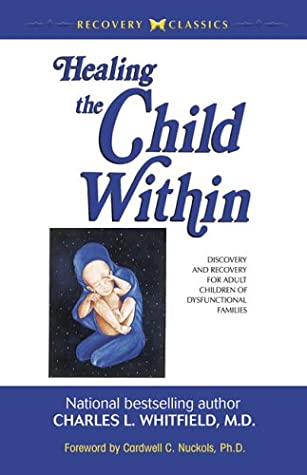
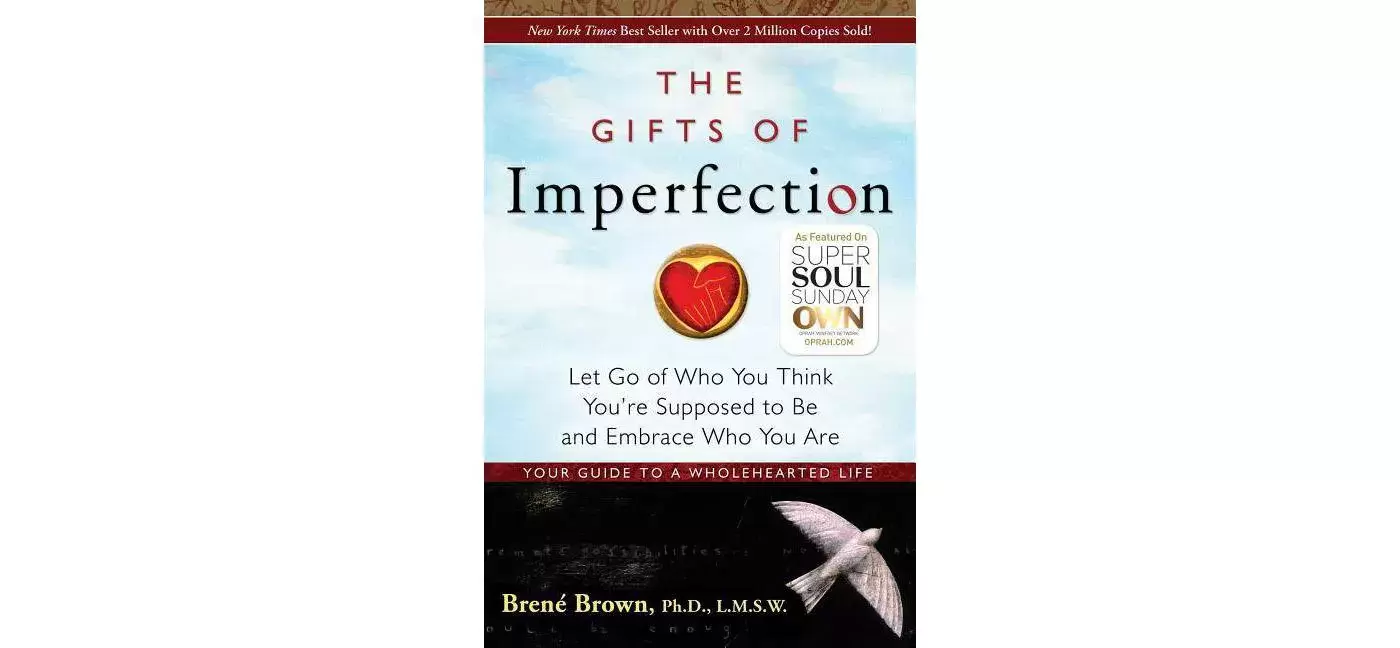
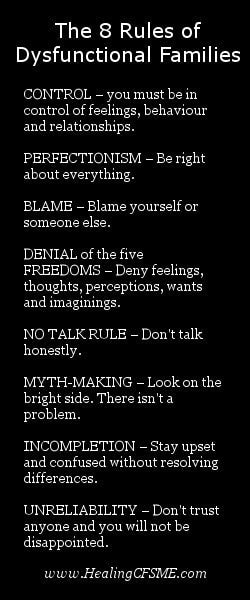
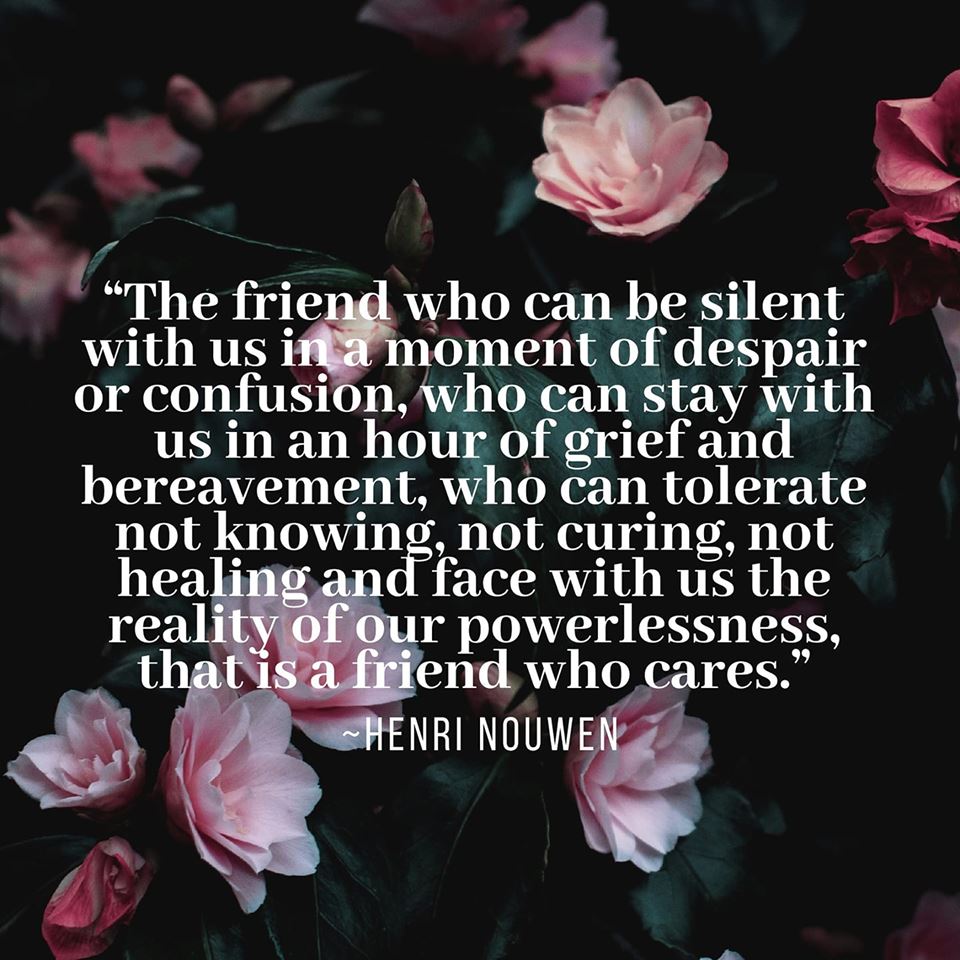
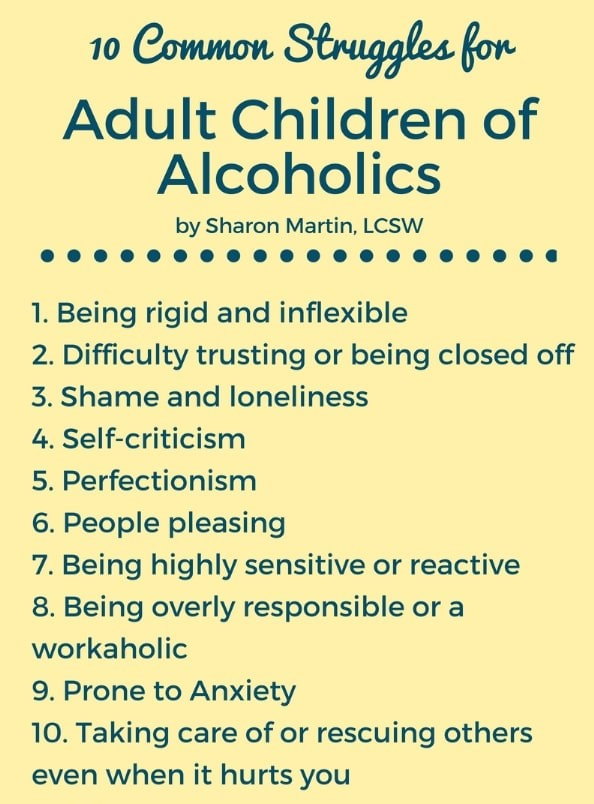
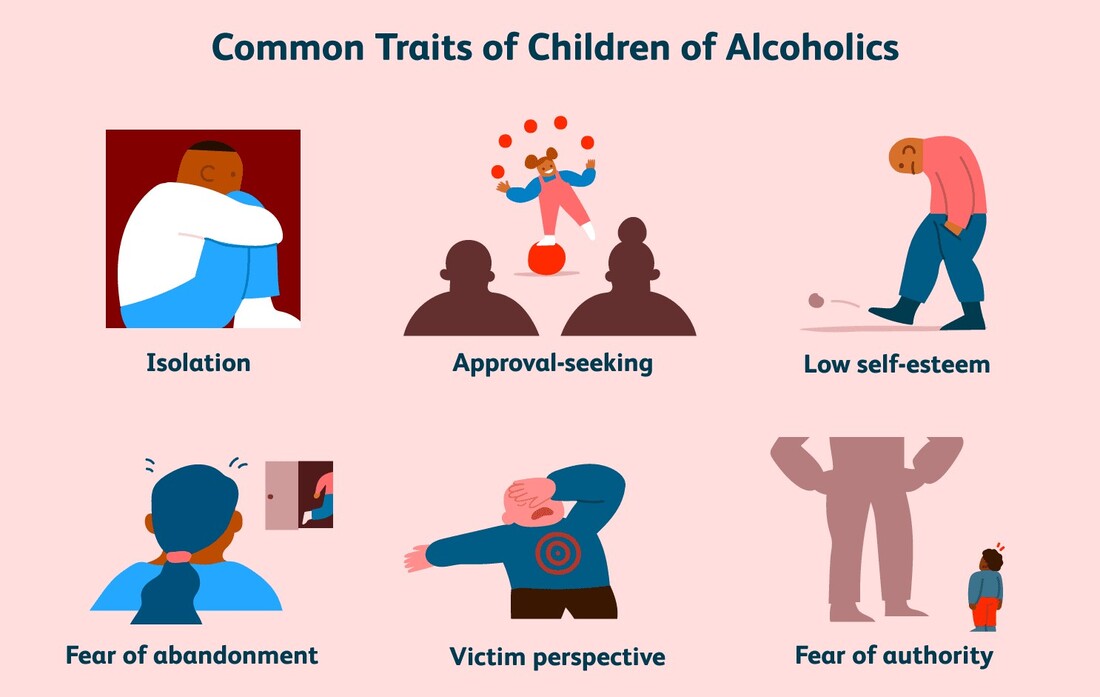
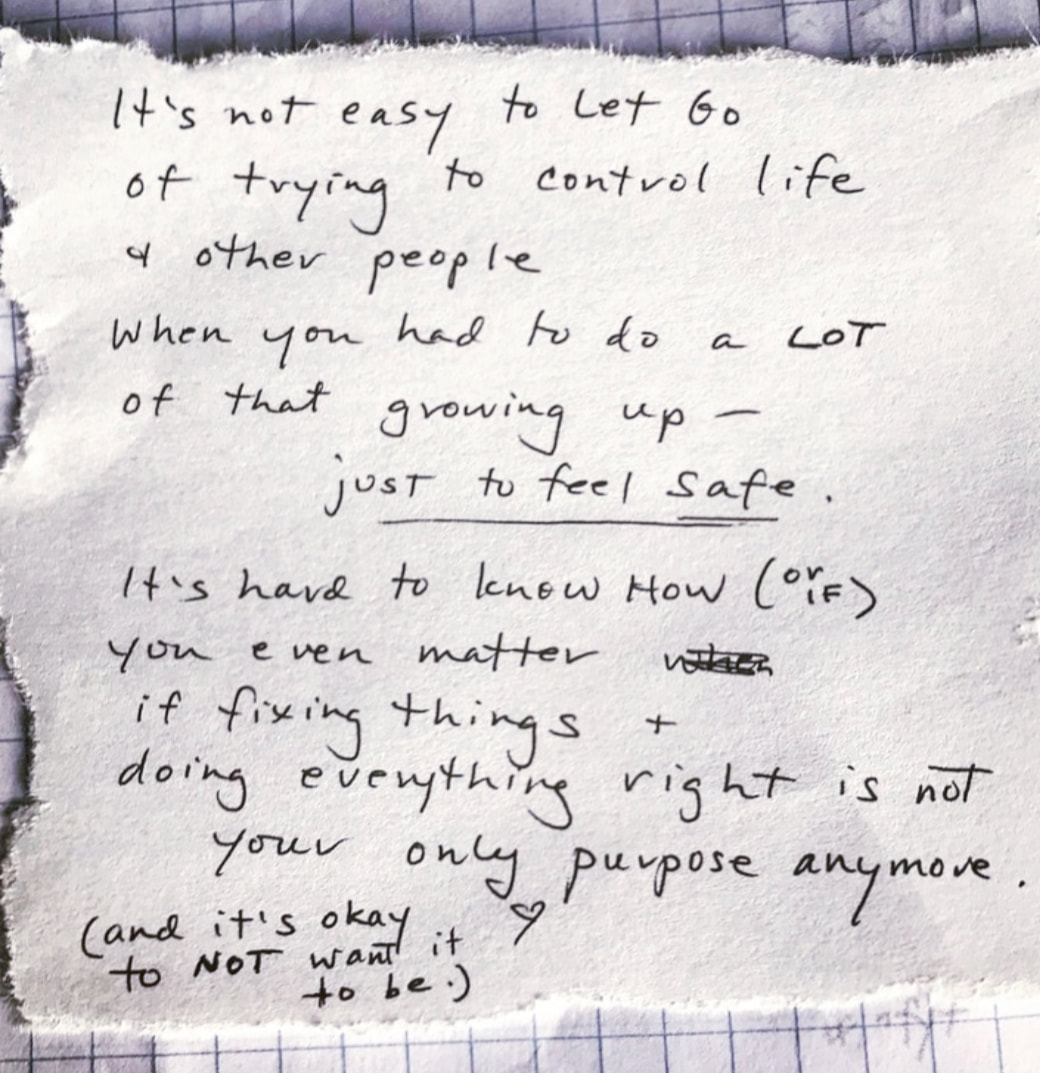
 RSS Feed
RSS Feed